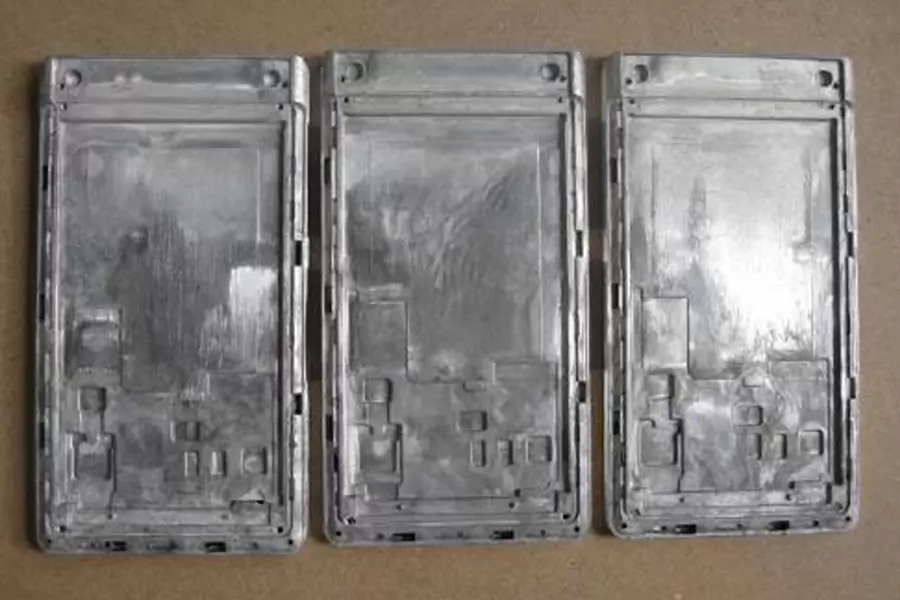
Deformation temperature is an important factor that affects the plastic deformation ability of magnesium alloy. When the temperature is higher than 225℃, the critical slitting stress of the non-base surface slip system is greatly reduced, and the edge and cone surface slip is activated, thereby making the material The plasticity has been greatly improved. However, when the temperature is too high, the grain growth is more obvious, the structure appears to have an obvious tendency to coarsen, and the plasticity of the material will also decrease.
Another factor that affects the plastic deformation ability of magnesium alloys is the deformation rate.
Magnesium alloys have poor plastic deformation ability. During hot working, softening effects such as dynamic recovery and dynamic recrystallization are required to provide their continuous deformation ability. The progress of the dynamic recovery and dynamic recrystallization of the material is related to time. When the deformation rate is fast, the dynamic recrystallization and dynamic recovery of the material are difficult to complete in a short time, so the plasticity of the material is difficult to exert.
On the contrary, when the deformation rate is slow, the dynamic recrystallization and dynamic recovery can fully proceed, and the softening effect of the material deformation is enhanced, which is beneficial to the plastic machining of the material. The degree of deformation is also an important factor affecting the plastic deformation ability of magnesium alloys. With the continuous increase of the amount of deformation, the density of dislocations in the material continues to increase, and the intersecting of dislocations intensifies during movement, resulting in fixed intervals, dislocation entanglement, etc. Obstacles increase the resistance of dislocation movement and cause an increase in deformation resistance, thus increasing the strength of the material. When the degree of deformation is small, the distortion energy of the material is small, not enough to cause recrystallization, and the crystal grain size does not change much. When the degree of deformation is in the range of 2% to 10%, the grains after recrystallization become extremely coarse, and the corresponding degree of deformation at this time is called the critical degree of deformation.
When the degree of deformation exceeds the critical degree of deformation, the greater the degree of deformation, the finer the crystal grains. This is because the greater the degree of deformation, the storage energy increases, which leads to an increase in the nucleation rate of the material and the finer recrystallized grains. Like other metal materials, refining the grain structure of the cnc machining material is an important way to improve the forming performance of magnesium alloys and the characteristics of the forming structure of polycrystalline magnesium. Refining the grains of the material to reduce the stress of the grain boundary reverse can be more conducive to adjusting the overlap or invalid displacement between adjacent grains. At the same time, the twinned transgranular volume can also be adjusted through this approach, so the plasticity of the material The forming ability has been improved.
When the grain size of the alloy is refined to a certain value, the ductility transformation ability of the material can be fully guaranteed. The smaller the grain size, the lower the crystal yield strength. As a result, grain refinement has become an important way to improve the plasticity of magnesium alloys, realize its precision plastic machining, and manufacture parts with excellent mechanical properties.
In summary, mastering the grain refinement and dynamic recrystallization mechanism of magnesium alloys during the hot deformation process, and realizing the wide application of precision plastic machining of magnesium alloys are problems that need to be solved urgently in this field.
If you are looking for dependable volume manufacturing metal parts supplier with High pressure die casting service who offers you competitive price, good service and quality for aluminium die casting, zinc, or magnesium die casting, then BE-CU Prototype are surely a partner you are looking for to fulfill all your die casting needs. With quality service and state of art technology, BE-CU indeed claim in providing quality pressure die casting including aluminum/zamak/magnesium alloy castings to our customers all over the world. To work with us,be-cu don’t just stop at taking your order and delivering your die casting products. be-cu are there for you at every step right from your preferred selection of aluminum die casting, Zamak die casting (Zamak 2, Zamak 3, Zamak 5, Zamak 8) or magnesium die casting products and services to post-order phase. In brief, once you become our customer, be-cu are with you every step on the way. The Detail Of BE-CU Die Casting Company
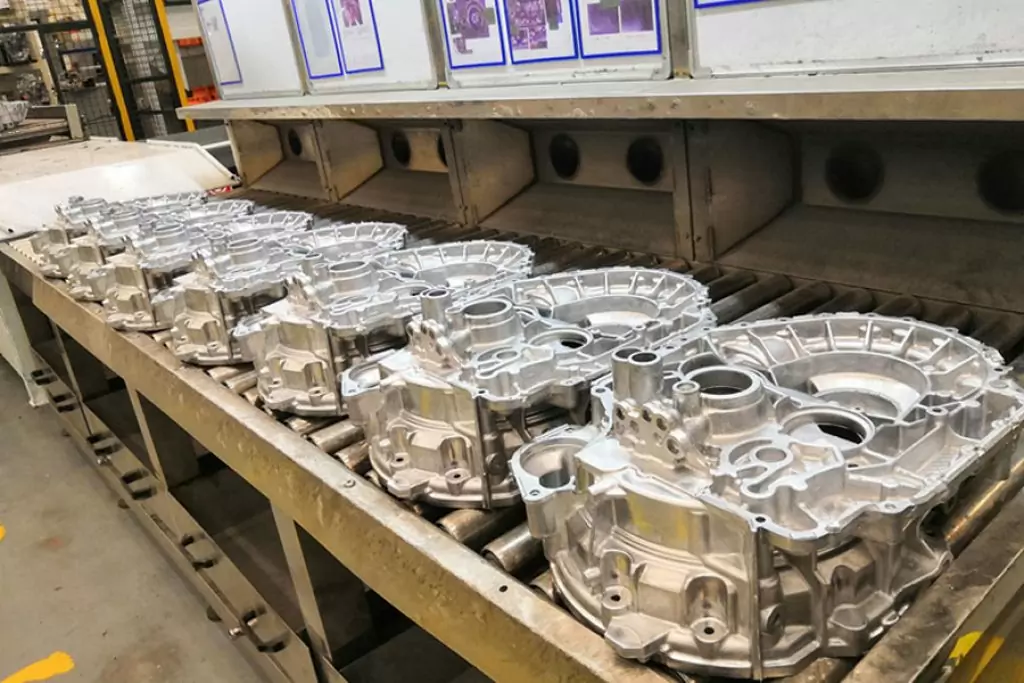
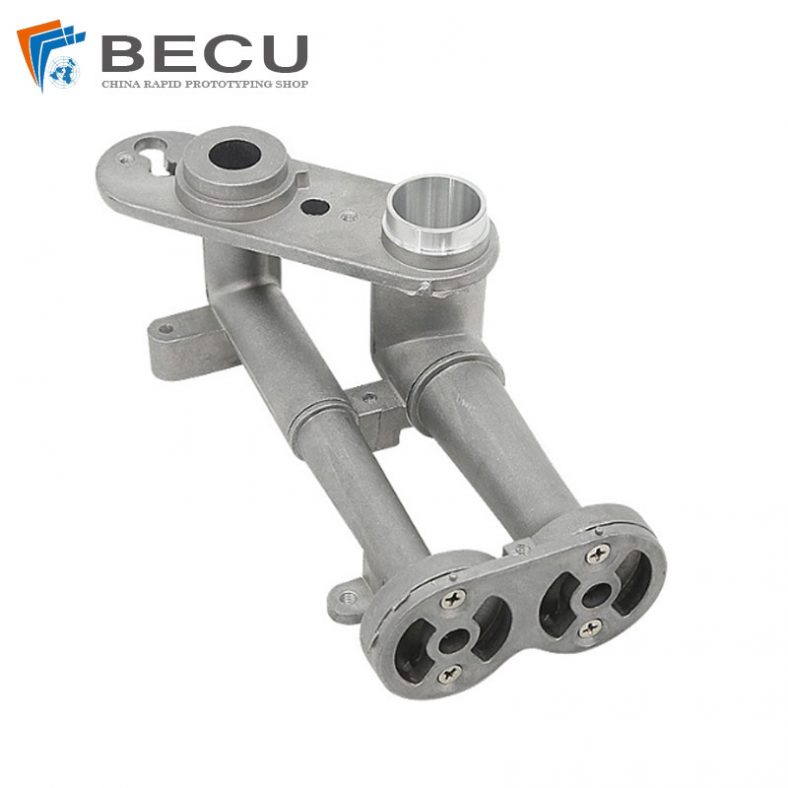
CNC Machining Gas Stove Bottom Joint
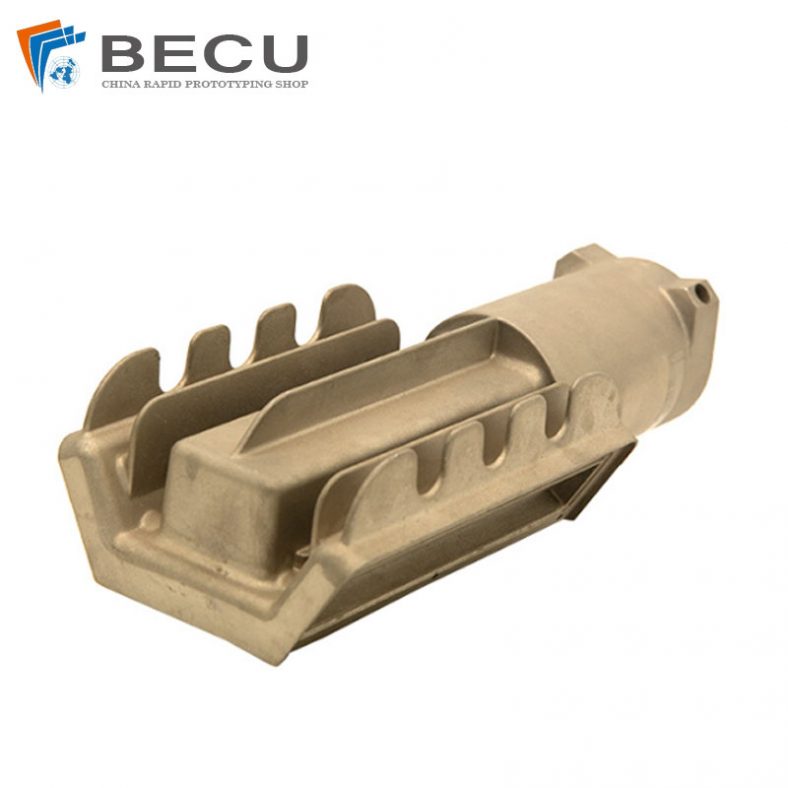
Gravity Die Casting Custom Street Light Heat Sink
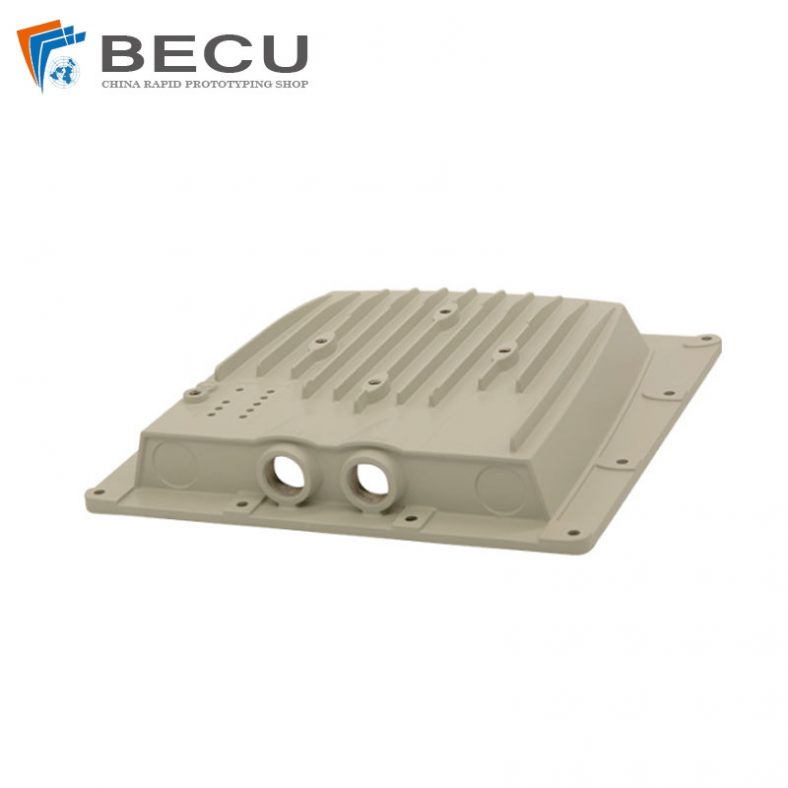
Die Casting LED Canopy Lights Heatsink For Gas Station
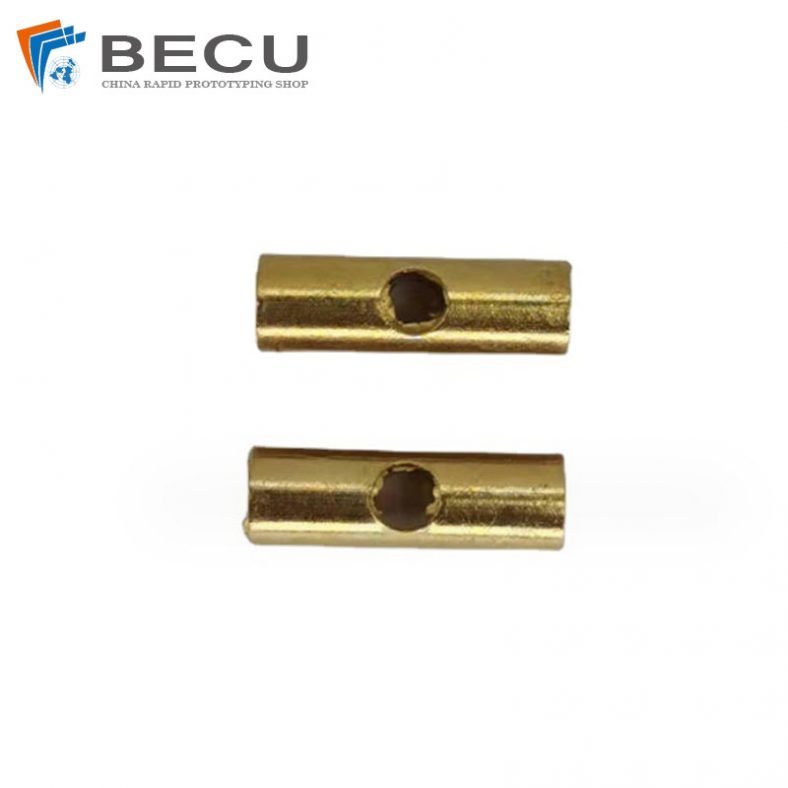
Zinc Die Casting PA10 Transformer Connector Terminal
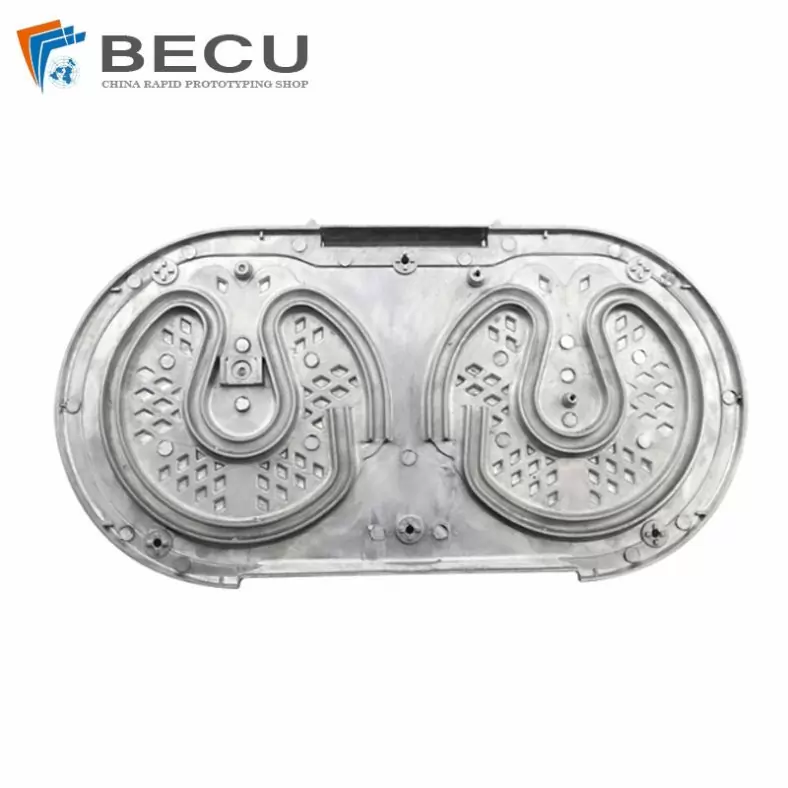
Die Casting Aluminium Cookware Chassis
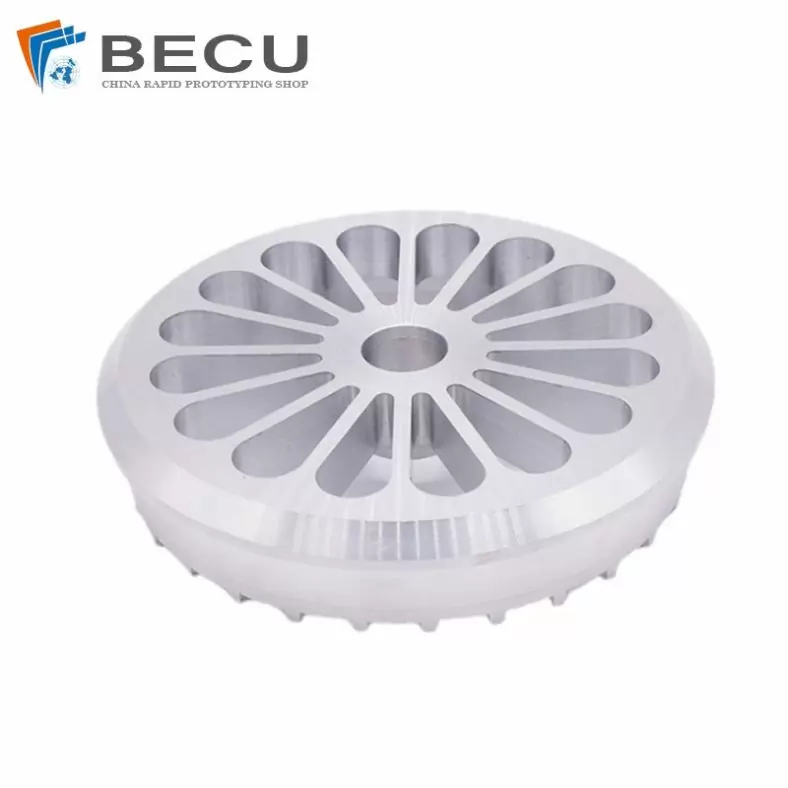
Die Casting Wheels With Aluminum Alloy 5 Axis CNC Machining
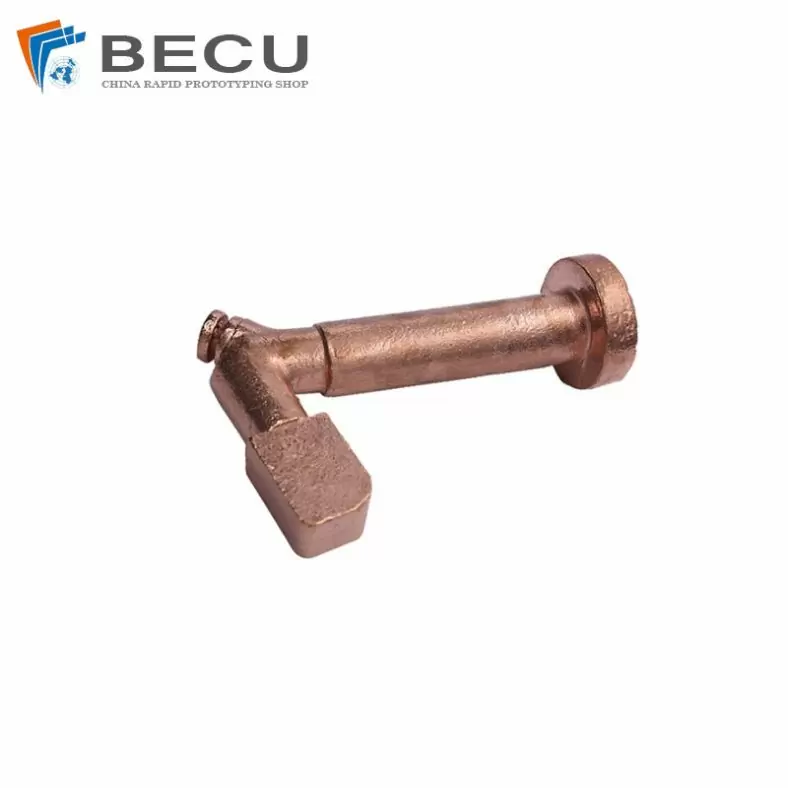
Precision Machined Copper Die Casting Parts
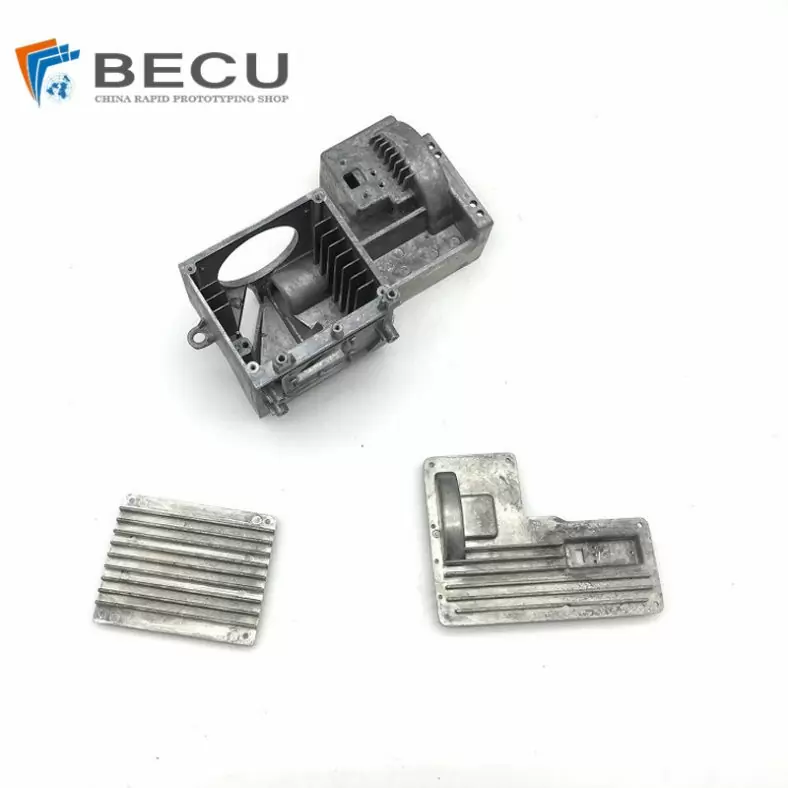
Professional Small Baler Aluminum Alloy Die-casting Mold Production
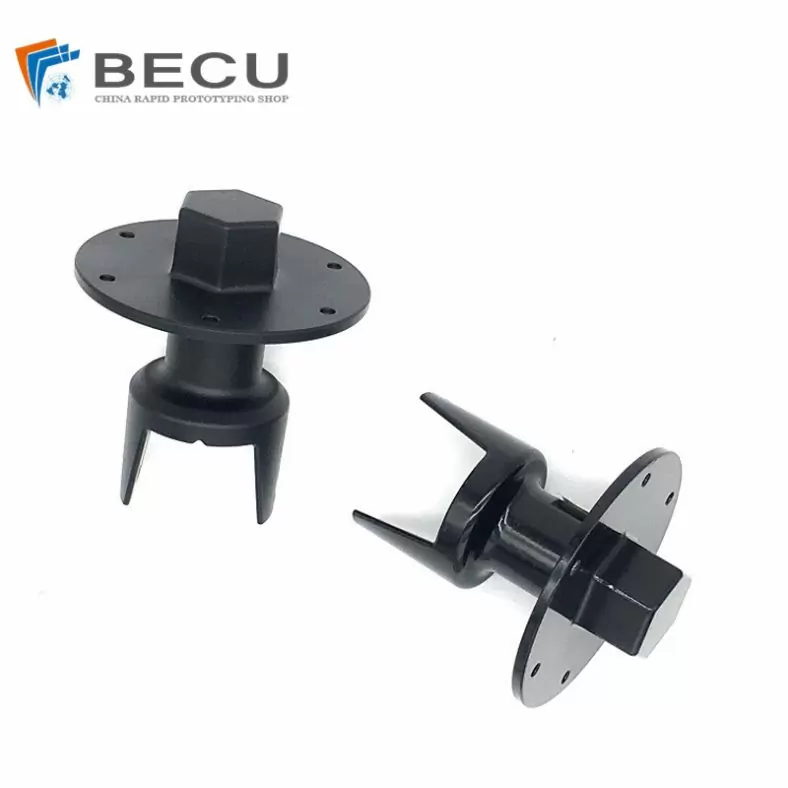
China Die Casting Factory Manufactures Surface Sprayed Aluminum Valve Body
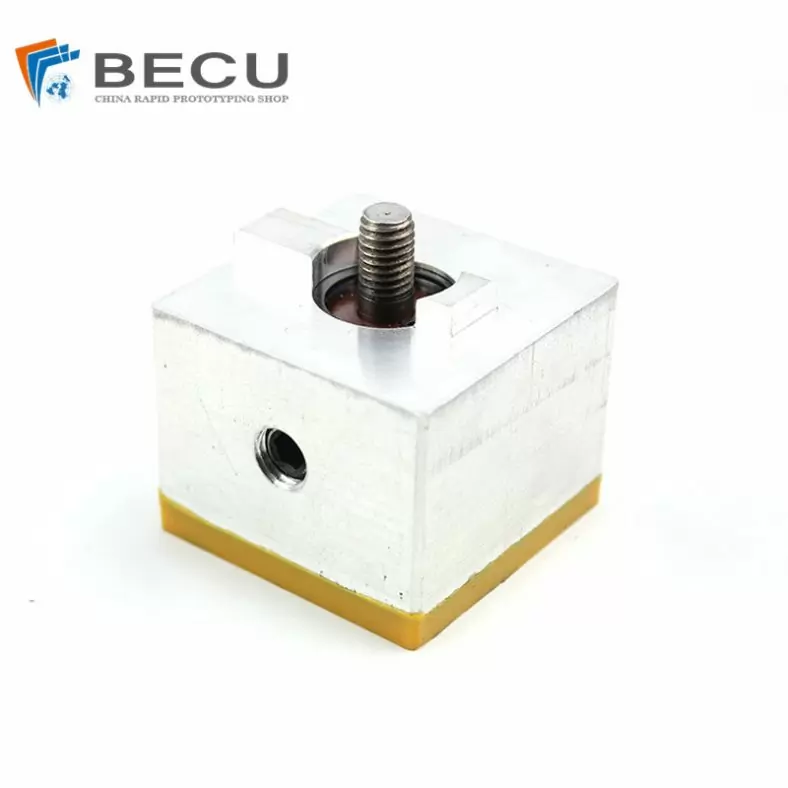
Extrusion Die-casting Polyurethane-Coated Aluminum Alloy Profiles
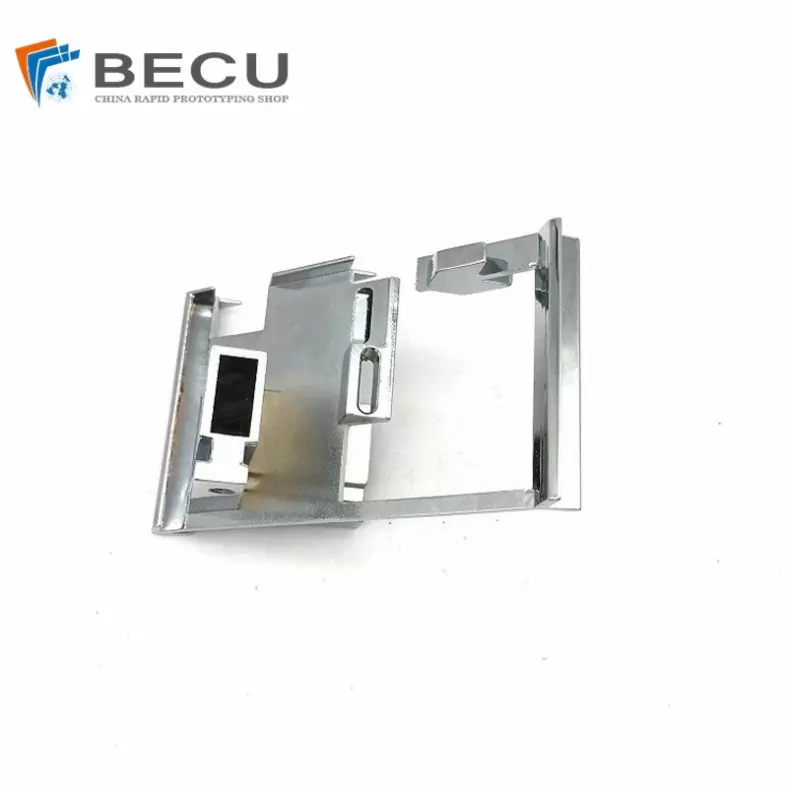
Custom Precision Aluminum Die Cast Brackets and Finishes
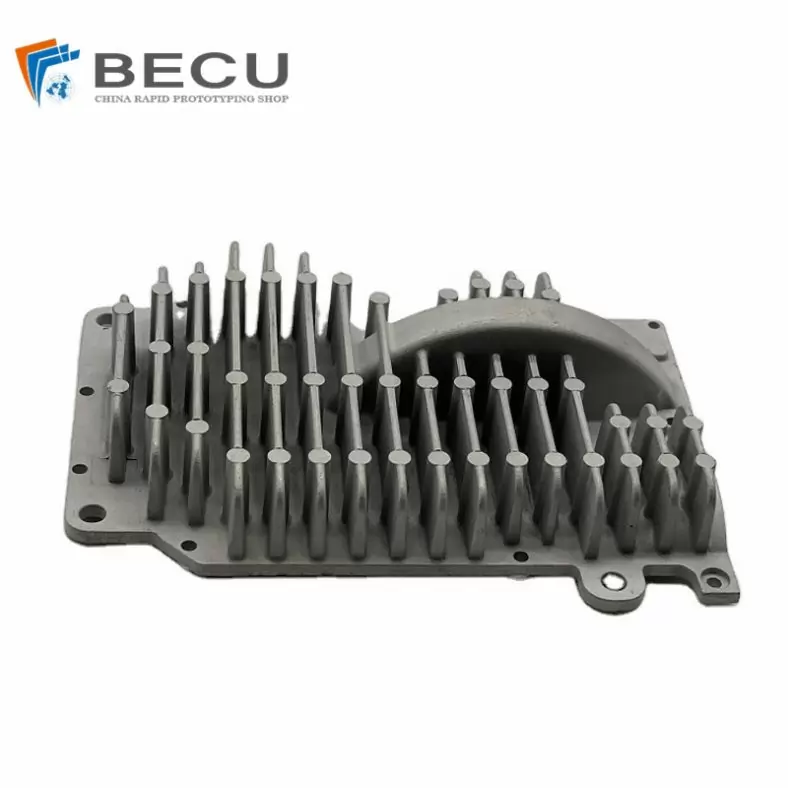
Extrusion Die-casting Magnesium Alloy Heat Sink Shell
